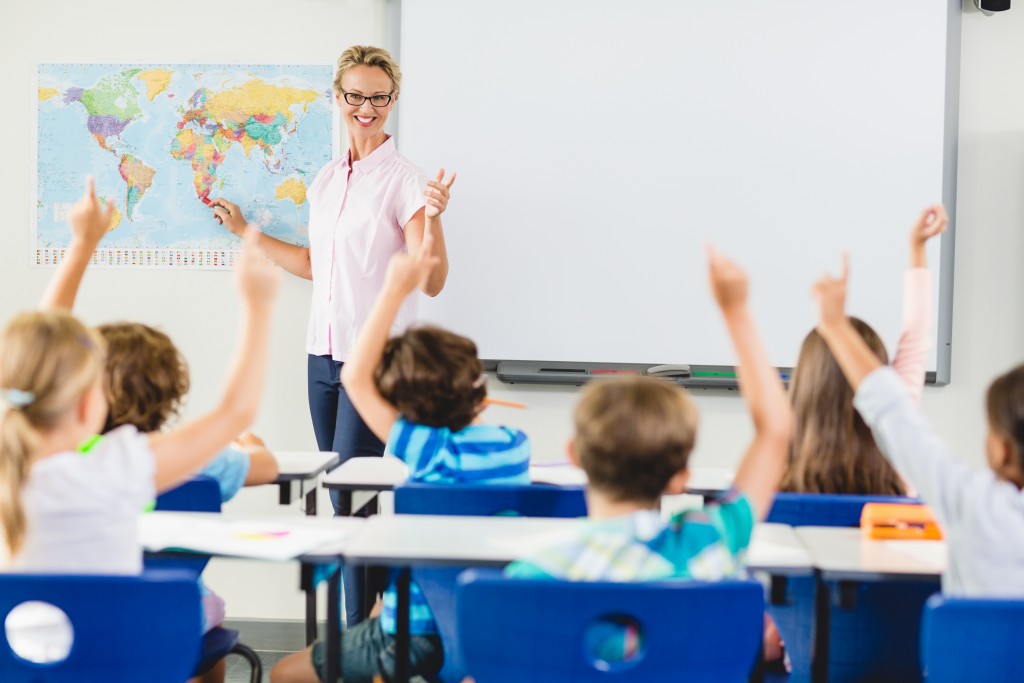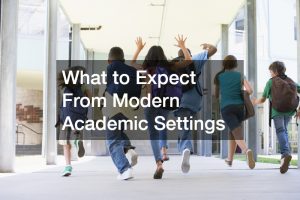Western Australia’s government recognises the importance of continuing education so it made the decision to re-open schools while the state – and the rest of the country – continues to respond to the COVID-19 outbreak. In fact, public schools straightened school furniture chairs and cleared the chalkboards and whiteboards in the last week of April 2020.
It’s understandable if parents and carers want to keep their children at home, though. The state government assured them that remote learning packages will be distributed so that no child misses out on the education they deserve. But for parents and carers who deem it safe to send their kids back to school, the WA Department of Education reminds them of the following conditions:
- Any school with a confirmed COVID-19 case must immediately contact the families of all students, and close the entire campus until it has been thoroughly disinfected.
- Students, teachers and staff are not allowed to travel outside of the region unless they are exempted. This intrastate travel restriction is meant to reduce the spread of the virus.
In addition to these precautionary conditions, parents and carers are reassured by various reasons.
Numbers Show that Children Are Less Affected by Coronavirus than Adults
Strange as it may sound, school-aged kids actually have a stronger immunity against coronavirus than adults do. There are currently no explanations for this but data about coronavirus patients in Australia and around the world shows that children experience milder symptoms than other age groups.
On another (albeit sad) note, the number of coronavirus-related deaths in children is much lower than the number of deaths in other age groups. Globally, less than a hundred kids have been reported to have died due to COVID-19.This is a very small number compared to the worldwide toll which is inching closer to 300,000.
Children Are Less Likely to Transmit the Virus to Other Children and to Adults
It’s almost normal for school-aged children to spread the flu to loved ones during flu season. But strangely, this isn’t the case for coronavirus transmission. There aren’t many reports about kids sharing COVID-19 with their family and friends. Adults seem to be the primary spreader of this virus.
This might sound surprising given that children, especially the younger ones, are prone to mindlessly coughing and sneezing without covering their mouth. But it’s a mystery that has yet to be cracked.
Also, parents and carers have peace of mind knowing that Western Australia’s school children haven’t shown signs of secondary coronavirus spread. School has started and while kids are more cautious in public, they currently don’t have to live in fear of infecting or getting infected by their friends.
Kids Miss Their Old Routines and Want to See Each Other Again

Finally, this return to school could be good for the well-being of children. They might have felt anxious or upset during the quarantine period which disrupted their daily routine and kept them from seeing their friends. This small semblance of normalcy might just get them to cheer up.
But even with this small piece of their normal life back, the bigger picture is far from normal. Children who are back in school practice strict measures like regular hand-washing breaks and staggered lunch breaks. Large gatherings with parents and school staff won’t happen in the near future, either.



